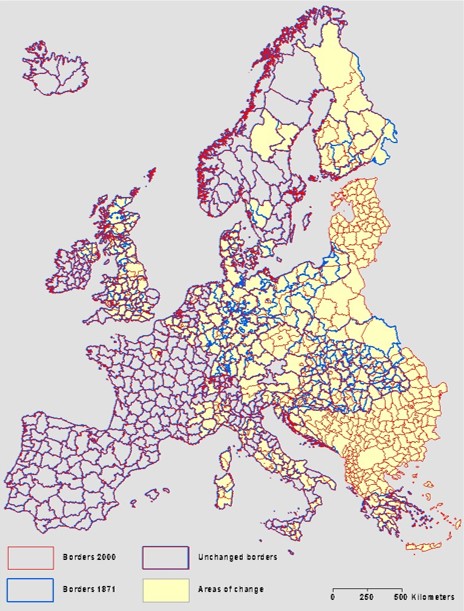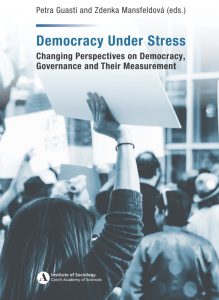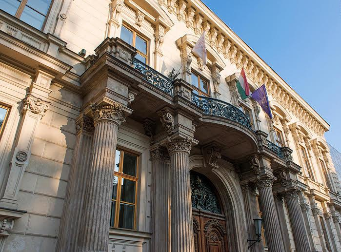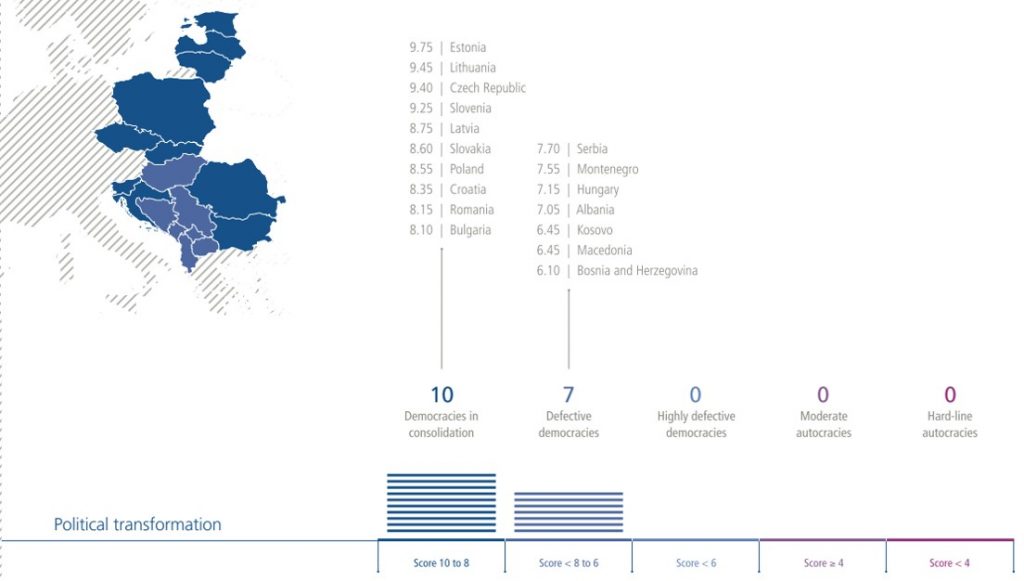Springer Verlag für Sozialwissenschaften, Wiesbaden 2021 (Mitherausgeber: Günter Verheugen und Karel Vodička)
Wie resilient ist die Demokratie in Osteuropa? Mehrere Regierungen demontierten rechtsstaatliche Kontrollen und beschränkten die Meinungsvielfalt. Beflügelt von den Krisen der Europäischen Union, mobilisieren Populisten und Extremisten Unzufriedene. Korruptionsaffären und dubiose ökonomische Interessen scheinen die Politik zu beherrschen. Dieses Buch untersucht, inwieweit Akteurskonstellationen und gesellschaftliche Bedingungen illiberale Politiken in den postkommunistischen EU-Staaten begünstigen. Renommierte Länderexpert*innen analysieren Defizite, Erfolge und Risiken der demokratischen Entwicklung in den postkommunistischen EU-Mitgliedstaaten und in Ostdeutschland. Sie liefern ein systematisch vergleichendes und nuanciertes Gesamtbild – eine Generation nach den demokratischen Umbrüchen und im Blick auf Europas neue Gegensätze.




